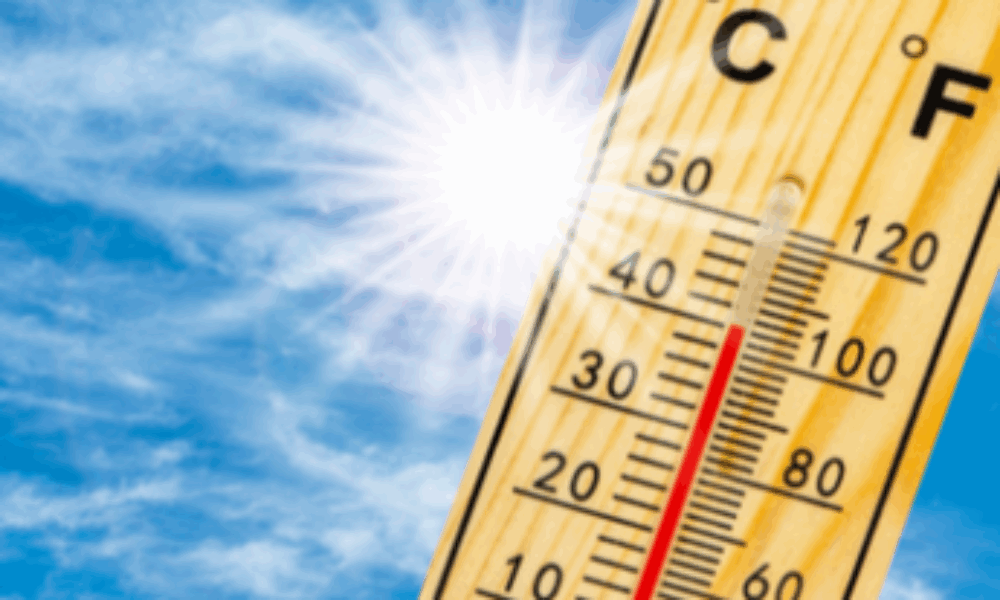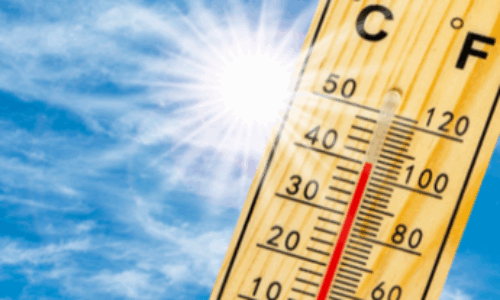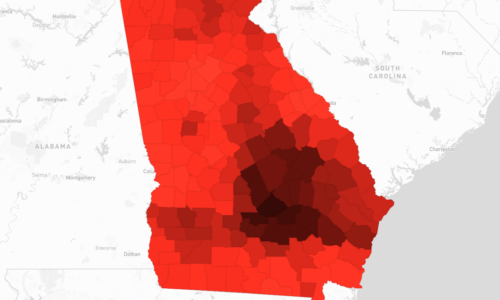News

Research Capacity Building Core announces 2025-2026 CHART Pilot Grantees
The CHART Research Capacity Building Core has selected two outstanding projects for the 2025-2026 Pilot Project Program in Climate and Health. This year, we received applications from groups across the country seeking to extend their research program into the field of climate and health.
The Pilot Project Program aims to build the capacity of investigators by providing funding for innovative pilot proposals that plan to generate new knowledge about the health risks associated with climate change in urban areas, particularly those related to heat exposure, and to translate this knowledge into action through partnerships that enhance health. The program is designed to support the generation of new data, the testing of novel methods, and the establishment of new partnerships needed to develop larger external grant proposals.
Read more about our two pilot grantees below:
Extreme Heat and Health Risks in the Urban South: Experiences of Community Residents

Image by Canva
This research project aims to assess Southern urban residents’ health risks related to climate change, specifically related to temperature and energy usage. The project will also assess the residents‘ recommendations for mitigation and adaptation strategies, as well as for community resources. Additionally, this project aims to engage and assess community leaders’ capacity building and undergraduate students’ workforce development throughout the pilot. This mixed-methods research project will consist of a quantitative survey and qualitative focus groups of community members, and in-depth interviews of community leaders and student researchers.
The study population will consist of residents and community leaders of Macon, Georgia, and Mercer University undergraduate student researchers. Community leaders (from health organizations, churches, etc.) will assist in recruiting participants for the study from their organization contacts. Both community members and undergraduate students will help modify an American Public Health Association (APHA) survey and focus group guide to be used in the current study. The Macon population and community leaders will compare results from two groups in Macon: those living in under-resourced areas and those outside those areas. Results will be compared with prior climate change and urban health risk research.
Project Leads:

Dr. Rebecca Larson, DrPH, MS
Assistant Professor of Public Health Practice, Augusta University
Dr. Larson is an Assistant Professor of Public Health Practice with ~5 years of experience conducting community-based research using focus groups, interviews, and surveys. Additionally, she has conducted a climate assessment with urban communities on extreme heat and energy and their impact on health. She teaches students in the areas of community health needs assessment, climate change and health, environmental health, health behavior, and health programming.

Dr. Cheryl Gaddis, DrPH, MPH, CHES®
Chair, Department of Public Health | Director, MPH Program | Associate Professor of Practice, Mercer University
Dr. Gaddis an Associate Professor of Practice with over 20 years of experience conducting community-based research using research methods such as focus groups and surveys. Additionally, she has conducted a climate assessment with urban communities on extreme heat and flooding and their impact on health. Dr. Gaddis teaches students in the areas of social determinants of health, under-supported communities, children’s health, health promotion, and communities with inconsistencies in health services access.
Tracking Temperature Exposures and Monitoring Physiology (Tracking TEMP)
 Image by Canva
Image by Canva
This pilot study will use wearable devices to measure environmental light, physical activity and sleep, and physiological data over several days. It will build on an existing community-based CHART study led by Dr. Saikawa and Dr. Stefanie Ebelt, which is collecting outdoor and indoor residential temperature and personal air pollution exposure data.
The primary hypothesis is that warmer nighttime temperature exposure will be associated with impaired sleep health (e.g., taking longer to sleep or experiencing more disruptions). The study will also explore how daytime temperatures and light might affect this relationship.
The findings from this pilot study will inform future work to better understand the impacts of heat and climate change on human sleep and chrono-health.
Principal Investigator:

Dr. Danielle Wallace, MPH, PhD
Assistant Professor, Emory University Rollins School of Public Health
Dr. Wallace is an Assistant Professor in the Gangarosa Department of Environmental Health at the Rollins School of Public Health. As an interdisciplinary environmental public health researcher with expertise in chronobiology, sleep epidemiology, and “wearable” technology, Dr. Wallace seeks to investigate the relationships between environmental exposures and biological rhythms in health and disease.





